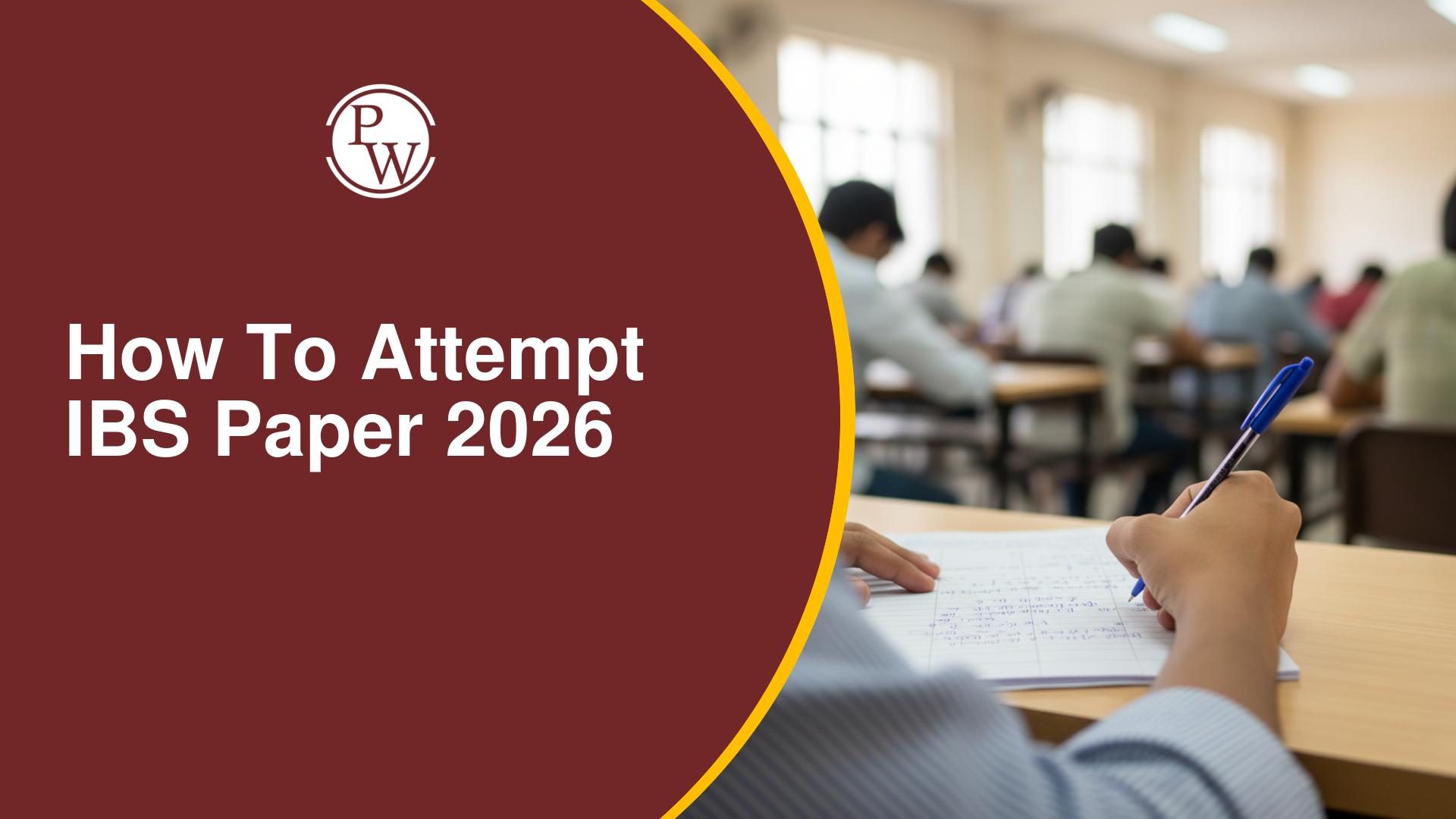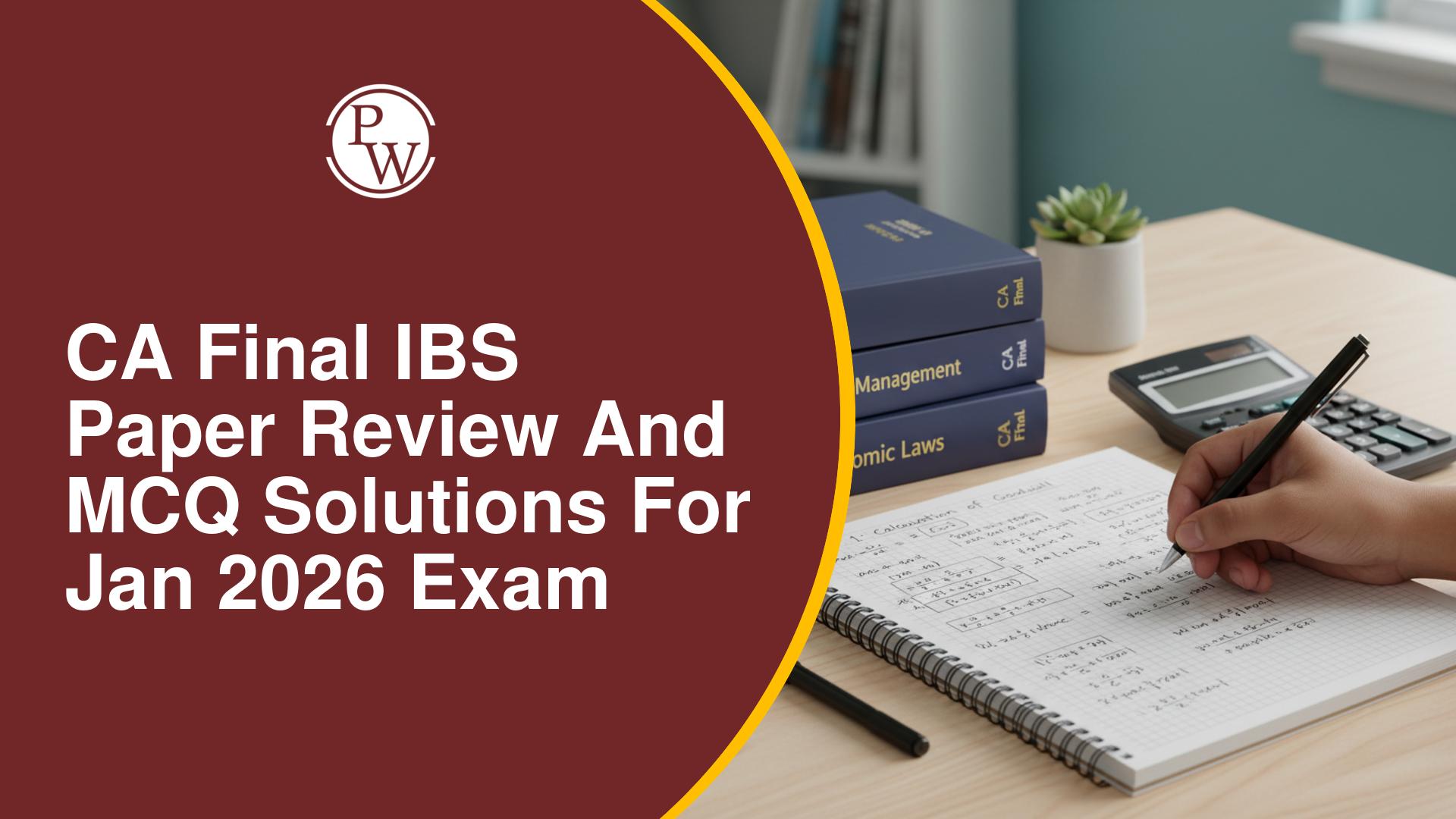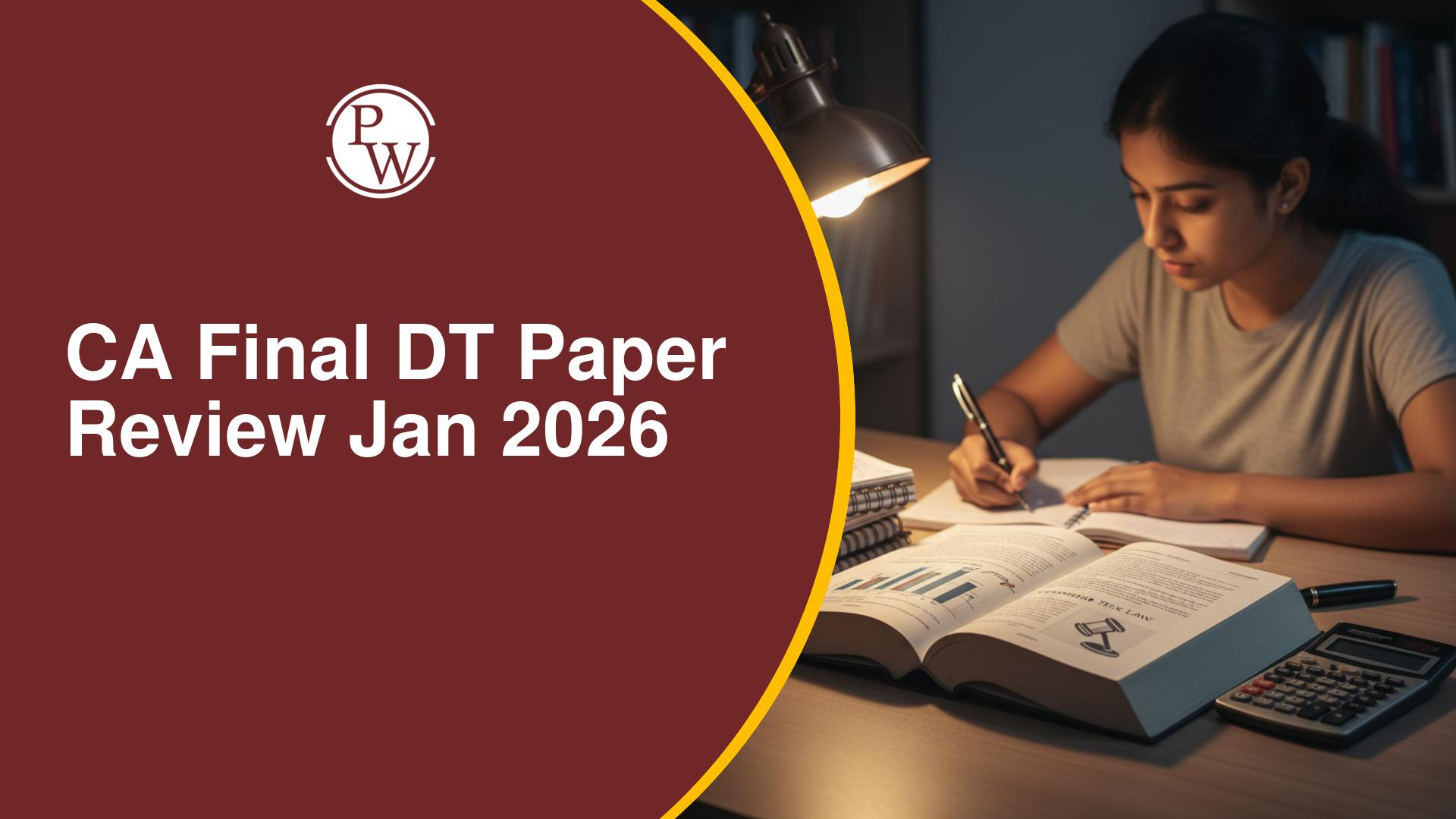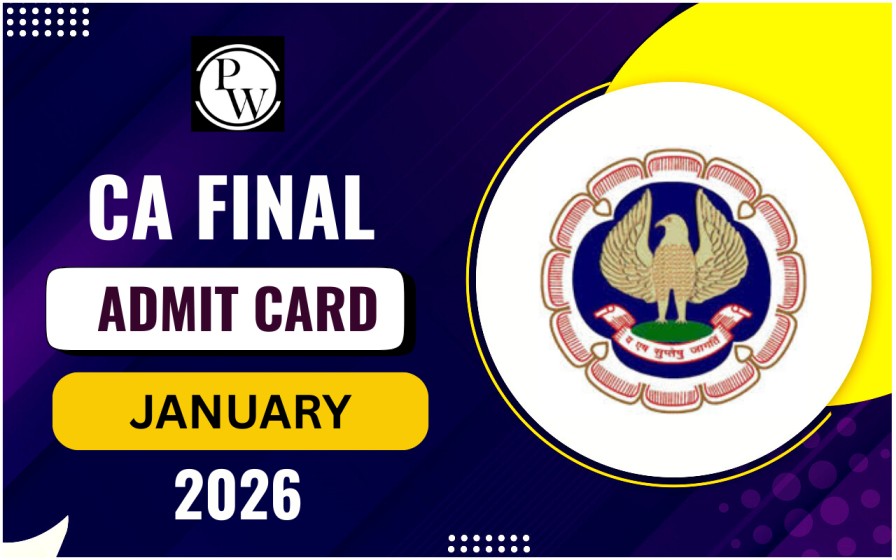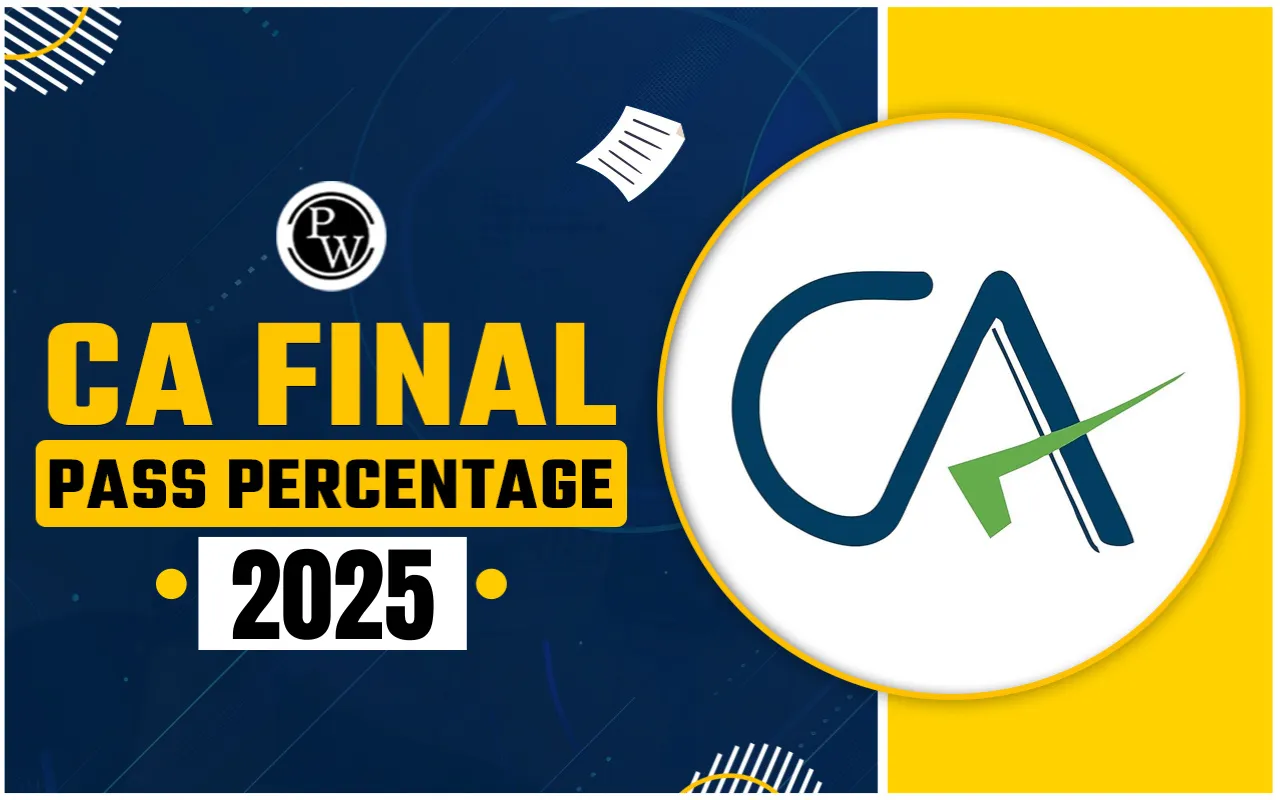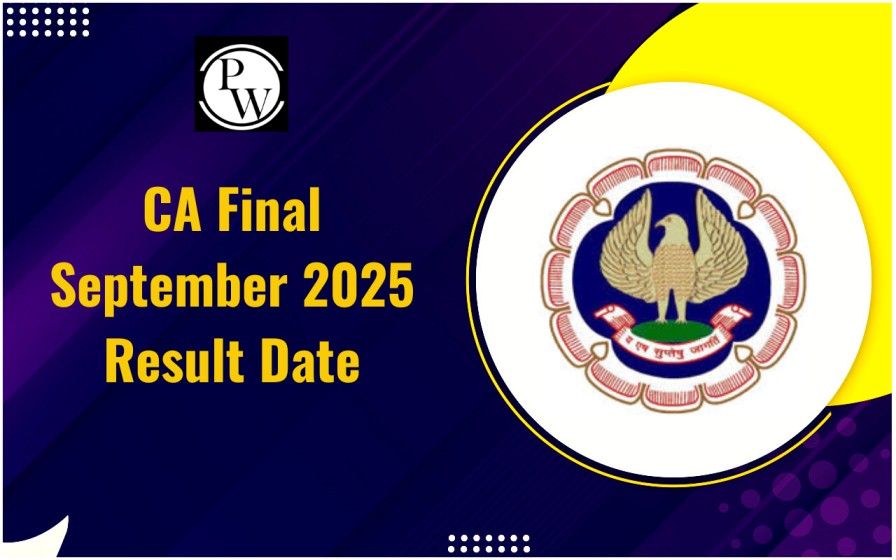
CA Final Auditing Ethics: Ethics and independence are two very important topics in the CA Final Auditing Ethics syllabus. Every auditor must follow these rules to make sure that their work is honest, fair, and free from any personal influence. The Code of Ethics ICAI explains how an auditor should behave while doing their work, and auditor independence ensures that the auditor gives an opinion without any pressure from clients.
Meaning of Ethics in Auditing
Ethics means doing what is right, even when no one is watching. In auditing, it means that auditors must follow moral values like honesty, integrity, and fairness. For CA Final Auditing Ethics, students learn that these values are the foundation of trust between an auditor and the people who depend on the auditor’s report. These points help in understanding both CA Final Auditing Ethics and auditor independence in a clear way.
The Code of Ethics ICAI lists principles that all auditors must follow. These include:
- Integrity: Always being truthful.
- Objectivity: Avoiding bias or personal interest.
- Professional Competence: Keeping skills and knowledge up to date.
- Confidentiality: Keeping client information safe.
- Professional Behaviour: Following laws and professional rules.
Meaning of Independence in Auditing
Auditor independence means that the auditor’s opinion should not be influenced by anyone. They should be free from any relationship, financial interest, or personal connection with the client. For CA Final Auditing Ethics, this is very important because if independence is lost, the audit report can become unreliable. The Code of Ethics ICAI gives clear guidance on how auditors can maintain independence while doing their work.
The rules on auditor independence say that:
- An auditor cannot take fees based on the results of the audit.
- An auditor cannot work for a client if they have close family members in key positions in that company.
- The auditor must not provide services that may create a conflict of interest.
Key Rules under CA Final Auditing Ethics
The CA Final Auditing Ethics syllabus includes important rules like:
- Definitions of important terms: This helps in understanding the meaning of different words used in auditing ethics.
- Responsibility not to help in violations: Auditors must never knowingly support or ignore wrong activities.
- Auditor Independence: The auditor must remain unbiased and free from any influence.
- No contingent fees: The auditor should not charge fees based on the results of the audit.
- Rules for tax services: Certain tax services need prior approval from the audit committee.
- Audit committee communication: The auditor must clearly talk about independence matters with the audit committee.
PCAOB Rules and Standards
In the USA, the Public Company Accounting Oversight Board (PCAOB) has its own rules on ethics and independence, but in India, auditors mainly follow the Code of Ethics ICAI and rules under the Companies Act. In CA Final Auditing Ethics, students may also learn about international rules to compare with Indian standards.
Some PCAOB rules that are also important for understanding ethics include:
- Responsibility not to knowingly contribute to violations.
- Restrictions on contingent fees.
- Pre-approval from the audit committee is required before providing certain tax or non-audit services.
- Clear communication with the audit committee about independence.
Interim Standards and Their Importance
The PCAOB also has interim ethics and independence standards, which were adopted from earlier standards of other bodies. For CA Final Auditing Ethics, this shows how rules can be taken from earlier guidance and improved over time. This is similar to how the Code of Ethics ICAI evolves to include new situations and challenges faced by auditors.
The interim standards talk about:
- Independence
- Integrity and objectivity
- Ethical rulings on these topics
- How certain jobs and services can affect independence
Why Ethics and Independence Matter in Auditing?
If an auditor does not follow ethics, people will lose trust in their work. For CA Final Auditing Ethics, this is the key idea, trust is the base of the profession. The Code of Ethics, ICAI, and auditor independence rules are not just laws but also moral duties.
Auditors check the truth of financial statements, and if they are influenced by personal gain or pressure, the results can harm investors, employees, and the public. Ethics case laws show many real-life examples where ignoring rules has led to penalties or loss of reputation. Studying these ethics case laws in CA Final Auditing Ethics helps students understand the results of unethical behaviour.
Ethics Case Laws in CA Final Auditing Ethics
In CA Final Auditing Ethics, ethics case laws are important because they give practical lessons. Learning these ethics case laws helps students understand why both ethics and independence are equally important for an auditor. These cases show:
- How a lack of independence led to wrong audit reports.
- How breaking the Code of Ethics ICAI can lead to strict punishment.
- How following ethics even in difficult situations protects the auditor’s career.
Ethics and independence are the backbone of auditing. In CA Final Auditing Ethics, students must learn how the Code of Ethics ICAI guides auditors to work honestly and how auditor independence ensures fair judgment. Studying ethics case laws gives real-life examples that make these concepts easier to understand. By following these principles, auditors can protect their reputation, provide reliable audit reports, and maintain public trust.
CA Final Auditing Ethics FAQs
What is the meaning of ethics in CA Final Auditing Ethics?
Why is auditor independence important in CA Final Auditing Ethics?
What is the Code of Ethics ICAI in CA Final Auditing Ethics?
What are the ethics case laws in CA Final Auditing Ethics?
How can an auditor maintain independence in practice?

